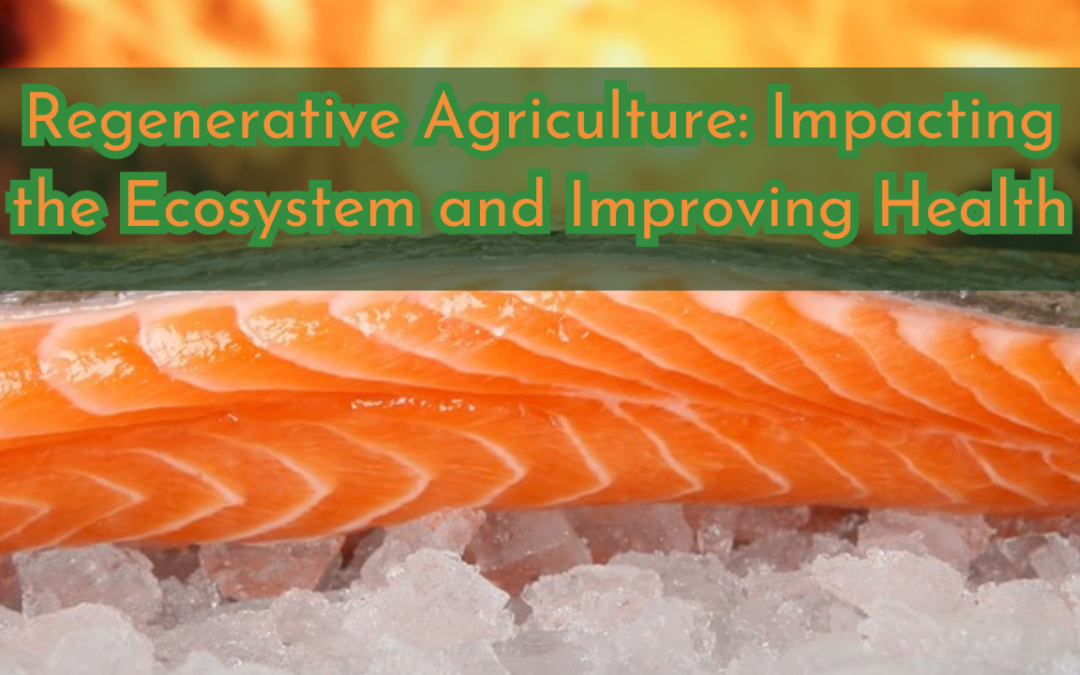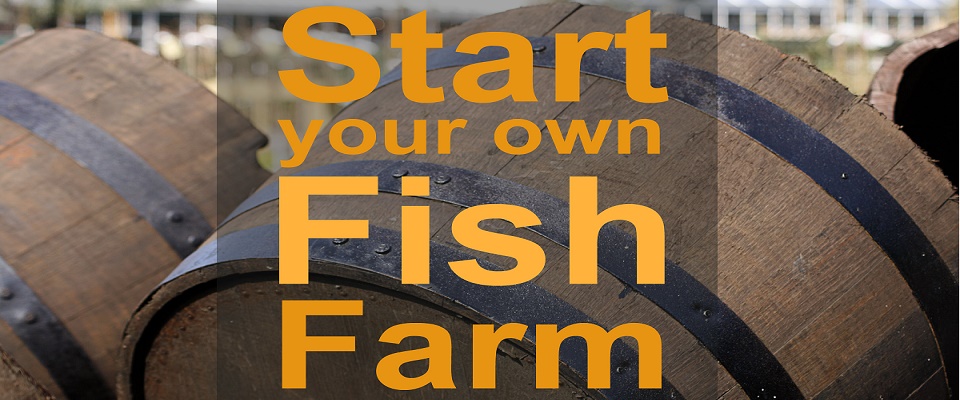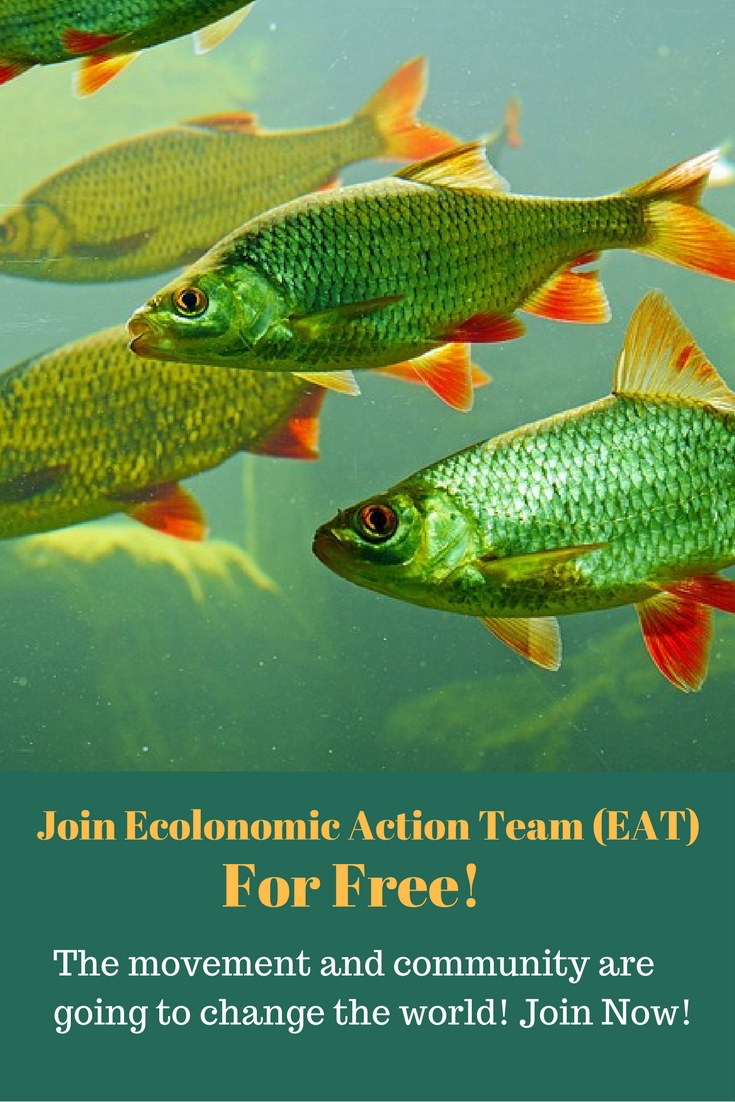With the ever-increasing global demand for animal protein, it’s crucial to explore sustainable alternatives to meet the rising need for food. Thankfully, aquaculture has emerged as a promising solution, particularly in the realm of fish farming. Unlike livestock, raising fish requires minimal resources, making it an efficient and eco-friendly method of protein production. In fact, a report by the World Fish Center highlights the significance of farming aquatic species, such as fish, to bridge the gap between supply and demand as natural fish populations dwindle.
Aquaculture has rapidly gained momentum as one of the fastest-growing food production methods worldwide. Currently, nearly half of the world’s seafood is sourced from aquaculture. As our global population continues to soar, the demand for both freshwater and marine products is expected to surge. In this context, fish farming emerges as a highly effective means of supplying protein. Cold-blooded by nature, fish possess low metabolic rates, rendering them an incredibly efficient source of nutrition.
The Future of Seafood
The Future of Seafood is here, and it hinges upon sustainable aquaculture practices that minimize adverse impacts on the surrounding ecosystems. Beyond the provision of nutritious meals, fish farming, and fishing offer substantial economic benefits. These practices can provide sustenance to local communities while generating income for farmers.
According to a report by the World Bank, aquaculture is projected to account for approximately 62% of human fish consumption by 2030. As we anticipate a global population of 9.8 billion by 2050, the role of fish farming becomes ever more critical in ensuring sustainable seafood consumption. Moreover, the global blue economy, encompassing various ocean-related activities such as fisheries, biotechnology, and renewable energy, is expected to grow at nearly twice the rate of the mainstream economy.

Projected Growth of the Fisheries Industry
Forecasts for the fisheries industry paint a promising picture. By 2030, world fish production is projected to surpass the 2016 consumption levels by 20%, with the United States and Asia spearheading the demand. Farmed fish species are set to dominate the market, exceeding wild fish species by up to 54% in 2030.
Looking ahead, we anticipate significant growth and development in marine infrastructure across the globe. Technological advancements will play a pivotal role in shaping the future of aquaculture. Through the utilization of sensors, satellites, artificial intelligence, mini-submarines, and drones, fish farms will be efficiently managed and monitored, ensuring pristine and sustainable aquatic environments.
However, it’s crucial to address the issue of unsustainable fish farming practices, which pose a long-term threat to global food security. Particularly in developing nations, where over 60% of the population relies on fish for more than 30% of their protein intake, it becomes imperative to adopt responsible and environmentally friendly approaches.
At the forefront of the aquaculture revolution is the Ecolonomics Action Team, providing invaluable information and resources focused on sustainable practices. Visit EAT Community to explore deeper into the world of aquaculture and join us in shaping a future where seafood production meets global demands while preserving our precious ecosystems.
By embracing innovative methods and fostering responsible practices, we can revolutionize fish farming and ensure a sustainable protein source for generations to come. Let us embark on this journey together toward a more prosperous and environmentally conscious future.
Take the Plunge into Sustainable Fish Farming Today!
Are you ready to be part of the solution to meet the global demand for protein? Join us in revolutionizing the world of aquaculture and embracing sustainable fish farming practices. Here’s how you can take action:
- Educate Yourself: Dive into the wealth of knowledge and resources available on aquaculture and sustainable fish farming. Visit our EAT Community website to access valuable information and stay updated on the latest advancements in the field.
- Implement Sustainable Techniques: Whether you’re a seasoned fish farmer or considering starting your own aquaculture venture, it’s crucial to adopt responsible practices. Incorporate sustainable techniques such as efficient water management, proper waste disposal, and responsible feed sourcing. These measures not only protect the environment but also ensure the long-term viability of your operation.
- Embrace Technology: Explore the cutting-edge tools and technologies that can optimize your fish farming endeavors. From sensor-based monitoring systems to AI-driven analytics, harness the power of technology to track and manage your fish farms effectively. By leveraging innovation, you can enhance productivity, minimize environmental impact, and improve overall efficiency.
- Engage in Collaboration: Join forces with like-minded individuals, organizations, and experts in the field. Participate in forums, conferences, and workshops to exchange ideas, share experiences, and collaborate on sustainable initiatives. By working together, we can drive positive change and create a thriving global aquaculture community.
- Spread the Word: Share your journey and experiences in sustainable fish farming with others. Advocate for responsible practices and the importance of aquaculture in meeting the rising demand for protein. By raising awareness and inspiring others to take action, we can create a collective impact and pave the way for a more sustainable future.
Together, we have the power to shape the future of fish farming and ensure a bountiful supply of seafood for generations to come. Join us in building a sustainable, prosperous, and environmentally conscious aquaculture industry. Take the plunge into sustainable fish farming today!
Visit EAT Community to learn more and embark on this transformative journey. Together, let’s make a positive difference in the world of aquaculture!



